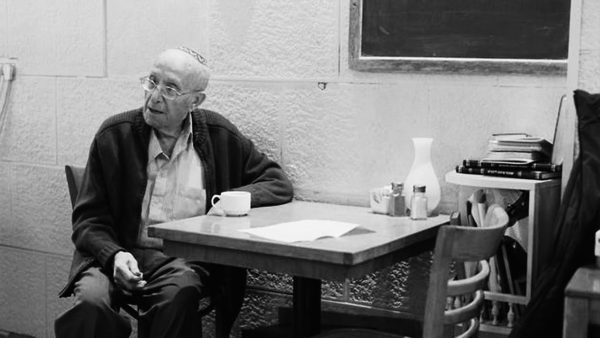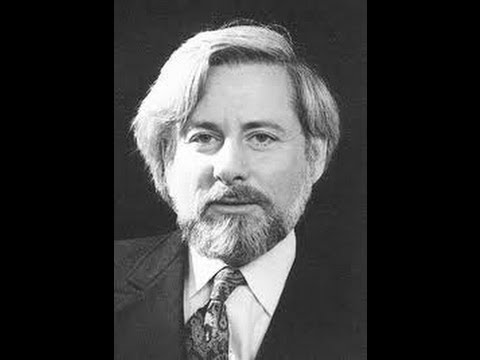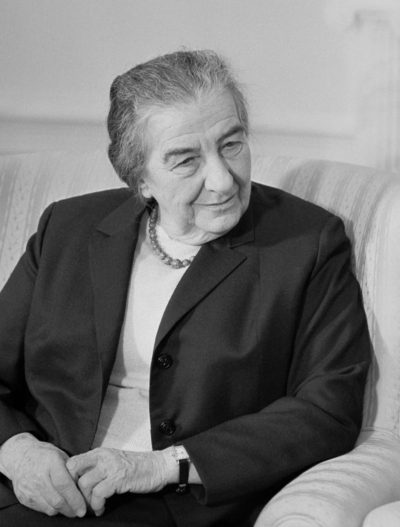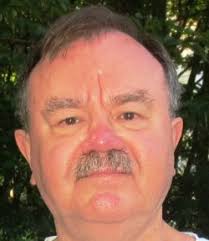Jerusalem is today known as a religiously conservative city, unlike liberal and trendy Tel Aviv and secular Haifa.
But even the Holy City has a radical past. It is, after all, home of the Hebrew University. And many of the city’s radicals and bohemians used to gather at one spot, at 27 King George Street — the Café Ta’amon.
However, on my current visit to Israel, I discovered that the place that was, in its own small way a Jerusalem landmark, is gone.
It was once the place to go, where left-wing activists, politicians, artists and writers came together and where they quarrelled about one thing: Israel. Some fierce arguments even came to blows.

I should know. I spent the summer of 1972 as an overseas student at the Hebrew University, but much of my education took place hanging around with the regulars who frequented the Ta’amon.
A home away from home for members of left wing groups like Matzpen, Siach and the Black Panthers, many a planned demonstration against one or another government policy (especially those relating, after 1967, to the territories acquired after the Six Day War) was hatched within its walls.

Social activist and founder of the Gush Shalom peace movement Uri Avnery was a regular.
Film director and producer Noemi Schory was the force behind the documentary series, The Generals, an Israeli-European co-production about Moshe Dayan, Yitzhak Rabin and Ariel Sharon, produced in 2003.
In an interview she gave that year, she remarked that she enjoyed being in Jerusalem in the late 1960s and early 1970s, with friends at the Café Ta’amon.
The Ta’amon served as a venue for speeches by European New Leftists such as the German student radical Daniel Cohn-Bendit, who visited in 1970.
The Knesset, the Israeli Parliament, was between 1950 and 1966 temporarily located in the Beit Froumine right across the street, so the Ta’amon also became a meeting place for young and ambitious politicians.
Mainstream Israeli leaders like Moshe Dayan, Yitzhak Rabin, Menachem Begin, Golda Meir and Shimon Peres also drank coffee here.

The Café Ta’amon also hosted chess enthusiasts from all walks of life. Artists like the sculptor Shaul Baz exhibited their works there.
The café, described by one old activist as an international meeting place in a provincial city, has even become the subject of a documentary directed by the German film-maker Michael Teutsch, released in 2013.
The Café Ta’amon was established in 1936 by German Jewish refugees, and was bought in 1960 by Mordechai Kopp, then 32 years old. Though Kopp was himself a religious nationalist, activists recall him sending food and cigarettes to customers arrested and jailed during demonstrations.
This simple, unobtrusive café managed to survive a divided city, three wars, and competition from the more fashionable bars and cafés that abound today.
Alas, Koop retired not long after the film was produced, so the Ta’amon is no more. There is a burger joint in its former space.
In its heyday, it was worth a visit, to soak up, along with the coffee, some of Israel’s less well-known history.
Henry Srebrnik, a professor of political science at the University of Prince Edward Island, is currently visiting Israel.
